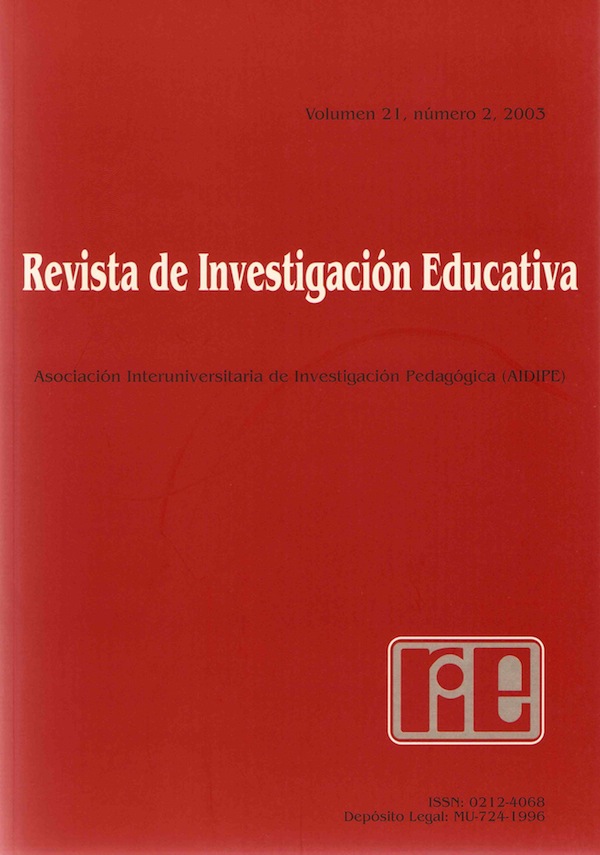Educación intercultural en la enseñanza obligatoria: prácticas escolares; actitudes y opiniones de padres, alumnos y profesores; resultados académicos de los estudiantes de diversos grupos culturales
Abstract
We present a synthesis of a research study which purported to analyze how cultural differences are addressed in schools, in order to guarantee equality of opportunities and to meet worthwhile educational goals in compulsory education. This initial question was narrowed down to three general objectives, aimed at: 1) defining the theoretical framework with which to address cultural diversity in education; 2) designing and implementing strategies and procedures for the observation and the data gathering process; and 3) analyzing and evaluating educational practices in schools and results obtained by students of diverse cultural groups. Conclusions reported in this paper focus mainly on this latter issue.Downloads
-
Abstract3520
-
PDF (Español (España))3688
The articles and scientific documents published in RIE abide the following conditions:
1. The Servicio de Publicaciones de la Universidad de Murcia (the publisher) has the property rights (copyright) of all the documents published and allows the reuse under the user’s license indicated in point 2.
2. All documents are published in the digital edition of RIE under a Creative Commons Reconocimiento-NoComercial-SinObraDerivada 4.0 Internacional. (legal document) license. These documents can be copied, used, distributed, communicated and explained publicly if: i) the author(s) and its original source of publishing (magazine, publisher and URL of the document) are cited; ii) it is not used for commercial purpose; iii) the existence and the specifications about this license are mentioned.
3. Auto-archive’s conditions. The authors are allowed and encouraged to digitally distribute the pre-print versions (a version before evaluation) and/or post-print (a version that it is already evaluated and accepted to its publication). This promotes circulation and distribution earlier and can increase the citations and significance within the academic community.










